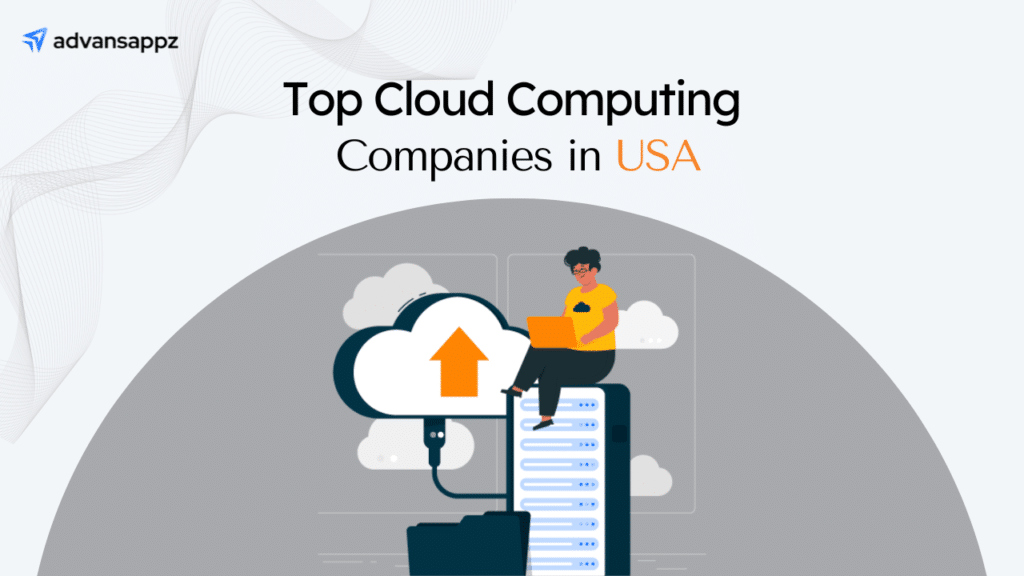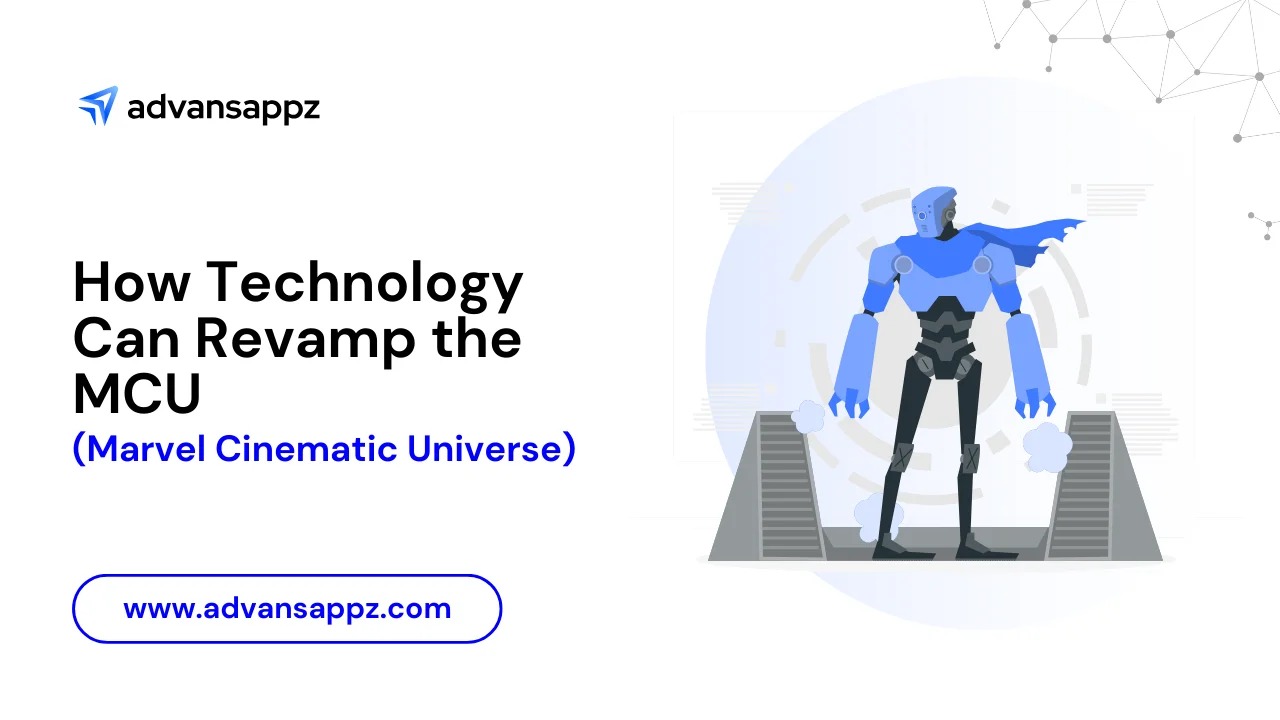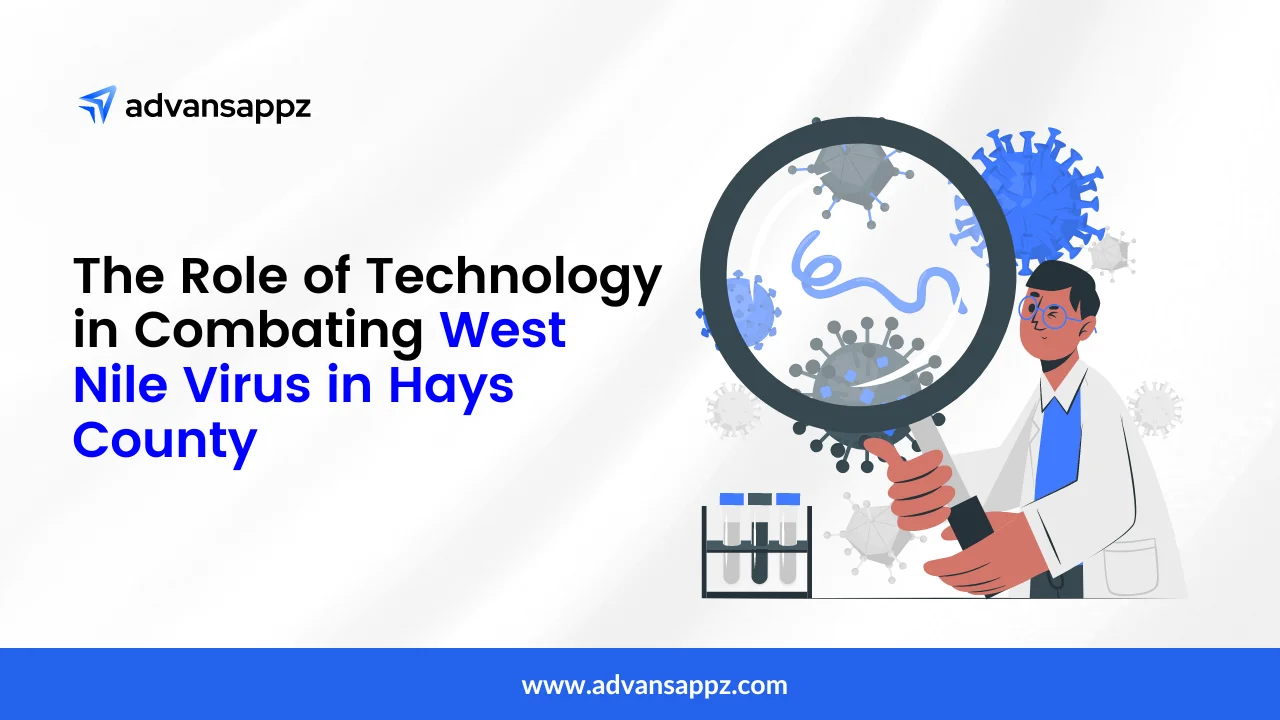Data and digital transformation have emerged as a critical imperative for businesses striving to thrive in a digital world. At the heart of a successful digital transformation framework lies Salesforce. It is a transformative platform that empowers organizations to adapt, innovate, and excel in the digital age.
Statistics underscore the urgency and significance of embracing the digital transformation framework. According to a report by IDC, worldwide spending on digital transformation technologies and services is expected to reach $3.9 trillion in 2027.
Furthermore, a survey conducted by PWC revealed that 60% of executives believe digital transformation is their most critical growth driver in 2022. These numbers show how important it is for businesses to start changing the way they work to keep up with the digital world.
In this blog, we’ll explore how the digital transformation framework and Salesforce work hand in hand to help businesses grow and adapt faster. Moreover, we’ll see how Salesforce acts as a catalyst, making it easier for companies to change and improve.
Understanding Digital Transformation Framework

Before we talk about how Salesforce fits into digital transformation, let’s understand the frameworks that help guide this process. Think of these frameworks as roadmaps that help businesses align their technology goals with what they want to achieve as a business.
Furthermore, the Digital Transformation Framework makes sure changes are meaningful and growth is sustainable. For Example, ADKAR, or Kotter’s 8-Step Process, provides valuable steps to follow in the digital transformation journey.
Frequently Asked Questions (FAQs)
- What are digital transformation strategies?
Digital transformation strategies are plans that businesses make to use new technology to change how they do things. These plans help them become more efficient and stay competitive in today’s digital world.
- How does digital transformation impact business?
Digital transformation changes how businesses operate and grow by:
- Making things easier and faster with technology.
- Making customers happier with better experiences.
- Helping businesses make smarter decisions using data.
- Why digital transformation is important?
Digital transformation framework matters because it helps businesses:
- Keep up with changes in the world and what customers want.
- Find new ways to make money and grow.
- Furthermore, Stay strong and successful in the long run.
- What are the three pillars of the digital transformation framework?
The three main parts of the digital transformation plan are:
- People: Helping employees learn new skills and work together better.
- Processes: Making sure how things are done is smart and efficient.
- Technology: Using new tools and software to make everything work better.
- How does Salesforce help in the digital transformation framework?
Salesforce is like a toolbox full of helpful tools for businesses:
- It helps keep track of customers and their needs.
- Moreover, makes it easier to give customers great service.
- It also lets businesses try new things and find better ways to work.
Business Transformation vs Digital Transformation Framework

Digital transformation and business transformation are related concepts but have distinct focuses and implications:
- Business Transformation:
A business transformation framework means making big changes across the entire organization to do better in the long run. It’s not just about technology, it’s about changing how things are done, how people work together, and how customers are taken care of.
- Digital Transformation:
Digital transformation is about using new technology to change how a business operates and makes customers happy. It’s a big part of business transformation, but it’s not the only thing. In short, the digital transformation framework is all about using computers, the internet, and other tech tools to do things faster, better, and in new ways.
Key Differences:
Scope: Business transformation is about changing everything in the company, not just the tech stuff. The digital transformation framework focuses only on using new technology.
Drivers: Business transformation happens because the company wants to do better overall. On the other side, digital transformation is mainly because of the internet and new tech becoming important.
Impact: Business transformation makes the company better in lots of ways. However, the digital transformation framework mostly makes things faster and easier with technology.
In summary, while business transformation and digital transformation are interconnected, they represent distinct approaches to organizational change. Business transformation addressing broader strategic and cultural shifts.
On the other side, the Digital transformation framework focuses specifically on leveraging digital technologies for operational and competitive advantage.
The Strategic Role of Salesforce in Digital Transformation Framework

Salesforce serves as a linchpin in the digital transformation strategy framework, influencing every stage of the transformation journey:
- Assessment and Planning
Understanding where you are and where you want to go is crucial in the digital transformation framework. With Salesforce’s tools, you can analyze your current processes and how you interact with customers.
Additionally, platforms like Salesforce’s Customer 360 provide valuable insights to help you plan strategically and prioritize your transformation efforts.
- Implementation and Integration
Once you have a plan, it’s time to implement it. Salesforce offers a range of cloud-based solutions that can seamlessly integrate with your existing systems and technologies. This means you can customize solutions to fit your specific needs.
Thus, Salesforce helps make the digital transformation framework smooth and efficient.
- Adoption and Training
Change can be daunting, but with Salesforce Trailhead, learning how to use new tools becomes easier. This platform offers a wide range of training modules and certifications, empowering your employees to make the most of Salesforce.
Moreover, Salesforce’s user-friendly interfaces make adoption a breeze, speeding up the pace of transformation.
- Optimization and Innovation
Digital transformation is an ongoing process, and Salesforce ensures you stay ahead of the curve. With continuous updates and enhancements, you’ll always have access to the latest technological innovations.
Additionally, features like automation and AI within Salesforce streamline processes and drive efficiencies. Thus, it opens up new opportunities for growth and innovation.
- Agile and Data-Driven Decision-Making
Being agile and using data to guide your decisions is essential in today’s digital landscape. Salesforce helps you do that by providing tools that enable you to make informed choices based on real-time data insights.
By utilizing these insights, businesses can improve their processes, recognize patterns, and pinpoint growth opportunities.
- Security and Compliance
With the digital transformation framework comes the need for robust security and compliance measures. Salesforce prioritizes security, ensuring that your data remains protected at all times. Furthermore, its compliance capabilities help you meet regulatory requirements and maintain trust with your customers.
The future of salesforce in digital transformation framework

Innovation and digital transformation Frameworks always go toe to toe. Therefore, the future of Salesforce in the digital transformation framework looks bright. Here’s a peek into what we can expect:
- Advanced Analytics and AI Integration:
Salesforce will get even better at analyzing data and using artificial intelligence (AI). This means companies can understand their information better. Moreover, this information can be used to make smarter choices.
With predictive analytics and AI, businesses can make decisions based on what might happen in the future. Additionally, personalize how they treat their customers, and make their operations work even smoother as they switch to digital ways of doing things.
- Focus on Customer-Centric Innovation:
Salesforce’s commitment to customer-centric innovation is expected to remain a cornerstone of its strategy within the digital transformation framework. As customer expectations evolve, Salesforce will continue to innovate and introduce new features and functionalities.
Thus, customer satisfaction will remain a top priority for Salesforce. Their goal is to help businesses impress customers at every step.
- Commitment to Security and Compliance:
With the rise of cyber threats and stricter regulations on data privacy, Salesforce will remain committed to prioritizing security and compliance. By providing robust protections and ensuring legal compliance, Salesforce will assist businesses in maintaining the trust of their customers.
Thus, with Salesforce’s digital transformation, companies can feel confident that their data is safe and their operations are compliant with the law.
- Expanding Ecosystem and Integration Capabilities:
Furthermore, Salesforce is set to enhance its ecosystem and integration capabilities within the digital transformation framework. This expansion will simplify Salesforce’s connection with various applications and services, streamlining workflows. Moreover, it ensures businesses adapt swiftly to the digital landscape, reinforcing their competitive edge.
Additionally, this focus on broadening the ecosystem highlights Salesforce’s commitment to driving comprehensive digital transformation. Thus enabling seamless operations and strategic agility across industries.
Real-Life Application of Salesforce in Digital Transformation Framework:

AFDigital started in 2011 as a digital marketing agency in the Philippines. But has since become a top provider of multi-cloud Salesforce and MuleSoft services. Subsequently, they’ve evolved to meet their client’s changing needs.
They use a smart mix of being local and global, with offices in key places and a strong center in the Philippines. Thus, this helps them serve different types of clients well.
At first, they had trouble managing their business with different apps. Therefore, they decided to use Salesforce to bring everything together. As a result, they now use Salesforce for sales, service, and marketing, which has made their work much easier and more effective.
AFDigital worked on the digital transformation framework by embracing a comprehensive Salesforce Customer 360 deployment. According to Robin Leonard, Co-Founder and CEO, the company expanded its utilization of Sales Cloud and adopted Service Cloud.
Thus, ultimately, the single customer view offered by Salesforce can be leveraged across delivery, sales, service, and marketing functions.
Integration Results:
The result of integrating digital transformation Salesforce into AFDigital’s operations have been impressive:
- AFDigital’s Customer Lifetime Value (CLV) has grown by a huge 380% in the last two years. This means customers are sticking around longer and spending more.
- The rate at which opportunities turn into actual sales has gone up a lot, from 28% to 52%.
- The company’s customer retention rate has doubled in the past year. This means more customers are choosing to stay with AFDigital. Thus, customers are satisfied with the service they’re getting.
- Most impressively, AFDigital’s revenue has shot up by an incredible 900% since they started using Salesforce.
These tangible results underscore the significance of strategic digital integration. AFDigital is one of the best digital transformation examples of how leveraging Salesforce strategy can catalyze substantial growth.
However, implementing Salesforce industry solutions isn’t a task for everyone. This is where professional IT companies step in. With their experienced expertise, they handle the job for you.
Also Read:- How to Enhance Customer Service with Salesforce Analytics
The Bottom Line
In the digital age, the strategic role of Salesforce in driving the digital transformation framework cannot be overstated. By utilizing Salesforce within their digital strategy framework, businesses can unleash their full potential.
Moreover, they can deliver unparalleled value to customers, empower employees, and secure a sustainable path to success in an ever-evolving marketplace. Thus, with Salesforce, businesses can confidently tackle the challenges of going into the digital world by making the most of Salesforce’s features.












